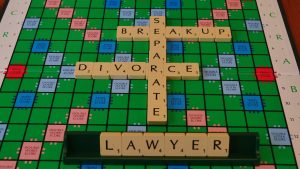A New Jersey child custody case has the potential to be among the most complicated legal proceedings in a court in the Garden State. Navigating a New Jersey child custody case typically is an emotionally charged and legally complex process. While the idea of self-representation might seem appealing to avoid attorney fees or to maintain personal control, that is not necessarily the best approach to take this type of proceeding. Self-representation oftentimes leads to unfavorable outcomes for a party to child custody proceedings. There are a number of significant, key reasons why you should not represent yourself in a New Jersey child custody proceeding.
Lack of Legal Knowledge Can Hurt Your Case
At the outset, it is important to understand that New Jersey family law is intricate and continually evolving. Custody decisions hinge on the “best interests of the child.” This is a legal standard that requires a detailed understanding of legal statutes, case law, and judicial discretion. The bottom line is that without a legal background, you may misinterpret rules, miss deadlines, or fail to present essential information. Making these mistakes can have a devastating impact or effect on your position in a child custody proceeding.
Courtroom Procedure Is Not “User-Friendly”
New Jersey family courts operate under what are considered strict procedural guidelines. Family court judges expect all parties to follow court rules and protocols, submit the correct documentation, and meet filing requirements. This is required whether or not a person appearing before the court is an experienced attorney or an inexperienced party to a divorce case. The reality is that missing a single procedural detail, such as a required form or deadline, can result in your case being delayed or even dismissed. Attorneys are trained to navigate these procedures seamlessly. A layperson simply is not. Continue Reading →
 New Jersey Divorce Lawyer Blog
New Jersey Divorce Lawyer Blog








